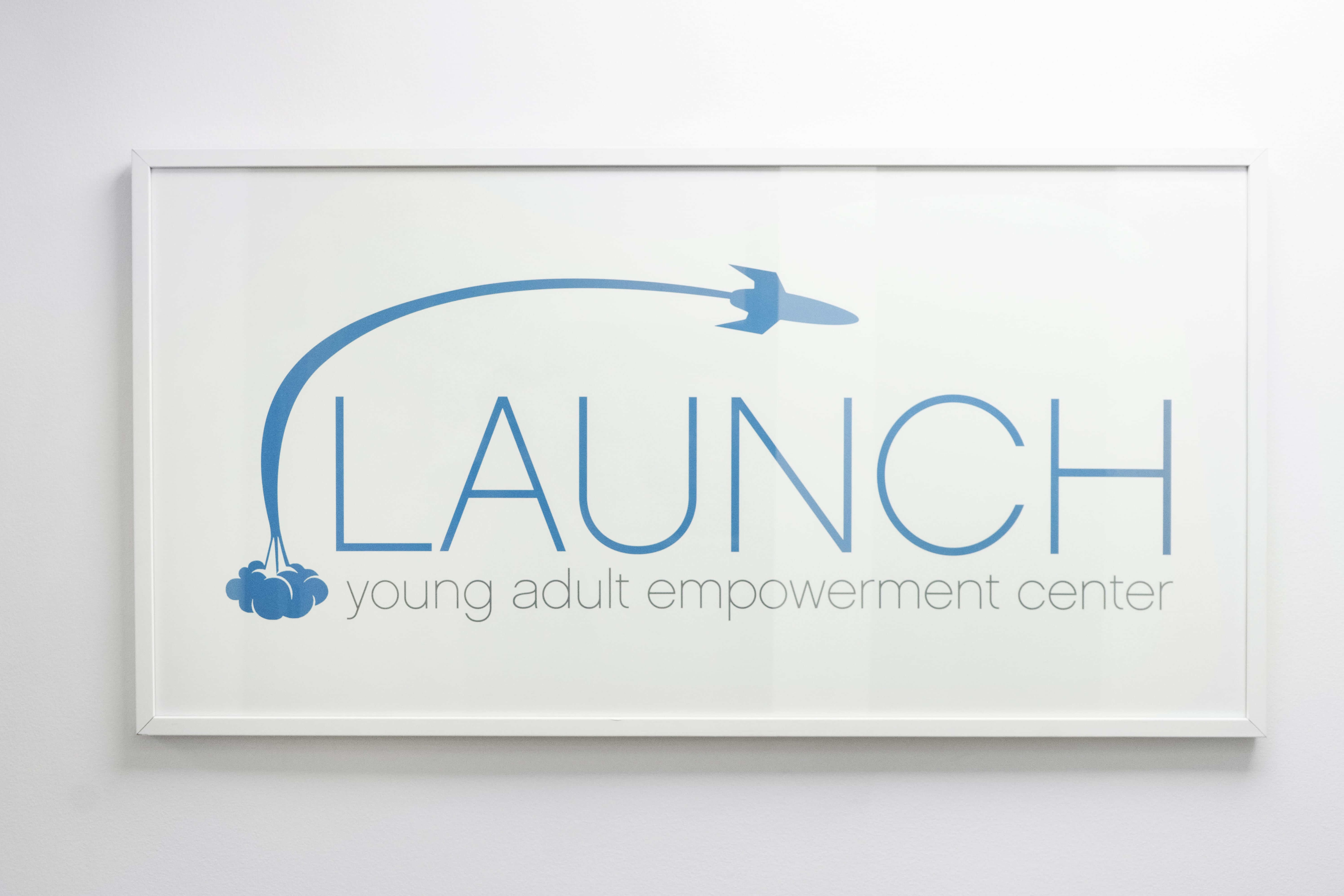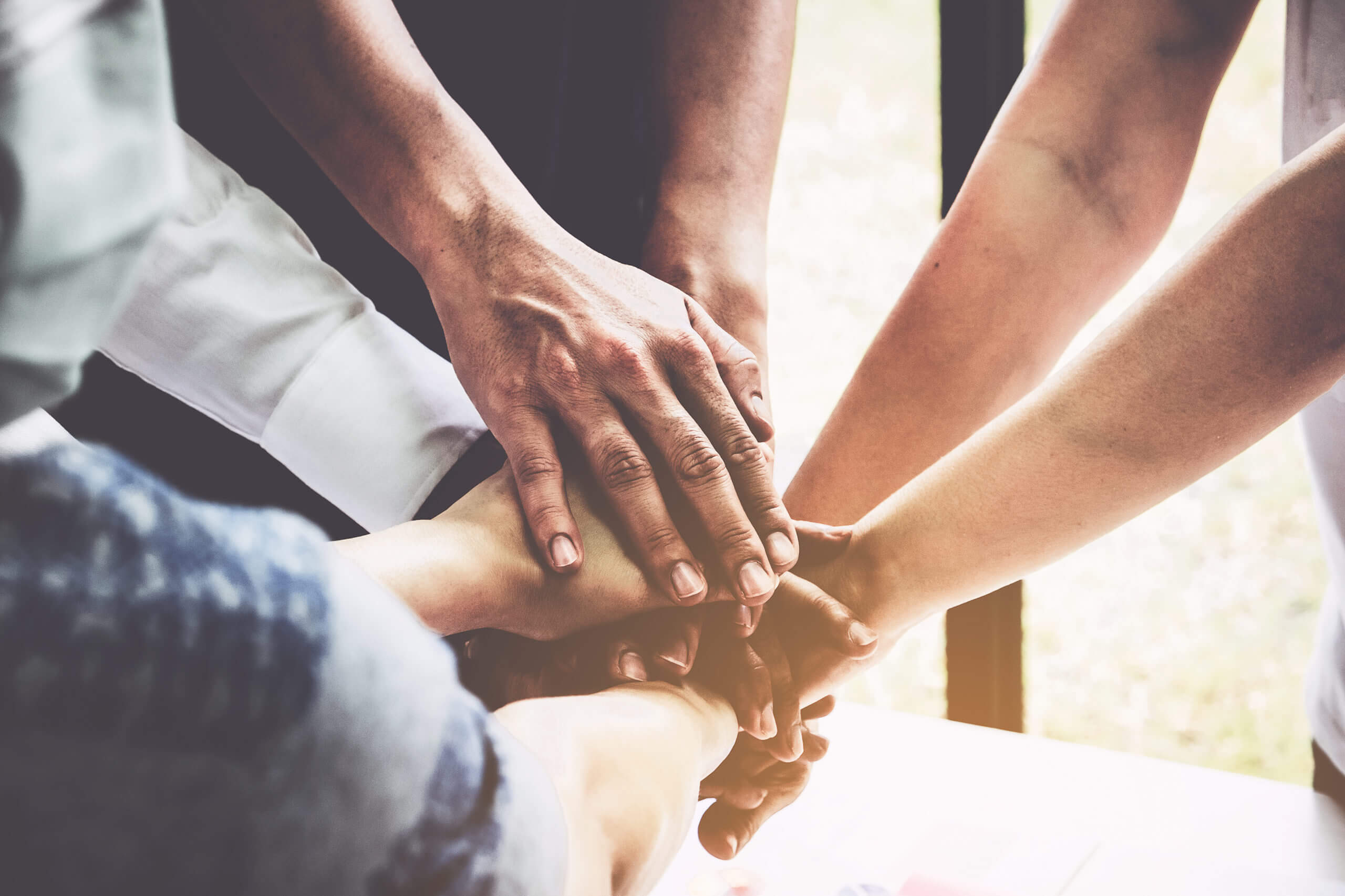Program Pillars
- Home
- Program Pillars
In order for Launch to fulfill its mission, the team must address all aspects of the person. We have spent the last few years developing our program and all the elements that help us ensure that our clients are prepared to face the world. There are eight main areas of work, which we call Pillars. All combined, they lead to the ultimate goal of integration. We find all of these areas deeply important to explore for those in treatment.

The 8 Program Pillars at Launch Centers
- Emotional Health
- Recovery Support
- Self Esteem & Self Worth
- Relationships and Community
- Values, Spirituality, & Identity
- Arts, Passions, & Creativity
- Education & Career
- Life Skills

Emotional Health
As a therapeutic program, this is one of the most critical pillars. Our clients should leave with the tools to deal with any future emotional stressors that come their way. Life will always be full of surprises- new life, loss of life, and overwhelming life- clients must be prepared to handle these situations without the structure of treatment. We will teach them to be able to identify their emotions and develop healthy coping mechanisms, in order to hopefully prevent further treatment stays. The following are some example group topics:
- Living with Anxiety & Depression
- Medication Management
- Conflict Resolution
- Anger Management
- Gratitude & Attitude
- Emotional Awareness
- Listening and Cultivating Empathy
- Survival Response
- Grief & Loss
- Fact & Feeling
- Mind-Body Connection
- Alternative Coping

Recovery Support
Recovery may seem elusive for many, but it is certainly not unobtainable. Our goal is to help them replace unhealthy coping mechanisms with productive ones. We spend time introducing them to different recovery programs such as The 12 steps, SMART, and Refuge Recovery. We also help them identify the triggers that have caused relapses in the past, so they can address them head on, and work through them. The following are examples of group topics:
- The 4 Rs/Recovery Overview
- Telling your Recovery Story
- Identifying Internal & External Triggers
- Systems of Support (12 Steps, SMART, Refuge, meetings, finding a sponsor)
- Evaluating Lifestyle and Its Role in Recovery
- Making Changes
- Managing Impulsivity
- Building New Habits
- Recovery and The Brain
- Stages of Change
- Taking Back Your Power: Reframing
- Split Self

Self-Esteem/Self-Worth
Clients who have mental health disorders, addiction issues, or require life-skills support, many times experience low self-esteem and self-worth. They don’t feel they’re where they need to be based on society pressure, comparing themselves to their peers, or their own values. We can be our own worst critic and we want to bring reality to that inner monologue. We help them identify their successes and strengths. Sometimes, people can’t see the good in themselves, and we are here to help them find it. The following are a few examples of potential group topics:
- Cultivating Confidence: The Changing Self
- Self-Talk
- Unmasked: Identity and Self Worth
- Wellness
- Positive Psychology
- Developing Meaning
- Core Beliefs
- Reprogramming Your Algorithm
- Generational Self-Worth
- Action Precedes Motivation
- Internal vs. External Validation
- Determinants of Self-Worth

Relationships & Community
In recovery, a strong community is everything, so we also work to build up an extensive and reliable support system. A support system can consist of family members, friends, co-workers, and significant others. In these various types of relationships, there are healthy relationships and toxic relationships. There may be a lack of healthy boundaries in any one of these relationships, and we teach clients to develop-and enforce- healthy boundaries. They say “it takes a village” and our village truly works together to create a secure and reliable system for each of our clients. The following examples might be discussed during group sessions:
- What is My “Community” ?
- Non-Verbal & Verbal Communication/Identifying and Communicating Needs
- Family Systems: My Role
- Friends: Quality vs. Quantity
- Boundaries: Personal, Professional, or Private
- Healthy Dating & Romantic Relationships in the Modern Era (Apps)
- Sexual Relationships, Safety, and Intimacy
- Cultivating a Circle of Support
- Attachment Styles
- Making Assumptions: How to Interpret and Receive Ideas
- Social Media Socializing
- Building Connections

Values/Identity/Spirituality
Values, Spirituality, & Identities is a Launch pillar centered on a post-modern, narrative philosophy that seeks to gain a rich understanding of clients, their struggles, and what stands in the way of their hopes and dreams. It looks at all of the socio-cultural factors that we integrate into our value system and visions of ourselves. By discussing perspectives on gender socialization, race, religion, language, socio-economic status, the culture of one’s family system, and binaries of abstinence and addiction, clients are given more freedom to decide how they prefer to see themselves in the face of taken for granted and sometimes “oppressive” labels.
In groups, we hope to take a look at the context of people’s lives as a way of understanding both the problems they face as well as the knowledge and skills they have in spite of those challenges. Through this pillar, we hope to support clients in finding their “why” and how to cultivate positive behaviors that support this life purpose. Clients discuss group topics, which might include some of the following examples:
- My Values
- Language and Worldview
- Countering Sobriety
- Names We Call Ourselves
- Patriarchy and Gender Socialization
- Race, Culture, and Identity
- Beyond Fear to Your Authentic Self
- Finding Your Why
- Identity by Way of Diagnosis
- Barriers to Values
- The Values We’ve Inherited
- Mindfulness & Spirituality

Arts/Passion/Creativity
The arts provide clients an outlet to express themselves as another avenue for self-discovery. We offer workshops in the arts to encourage emotional exploration through creative writing, music, art and improvisational theatre. Clients are given the opportunity to feel a sense of accomplishment through the arts as well as finding new communities of support. Examples of potential topics for group discussion include the following:
- My Future/My Dreams
- Exploring Alternate Activities
- Music Soundtrack for the Life
- Exploring the Self Through Writing
- Body Map
- Lost Passions
- Creating Positive Outlets for Energy
- Creativity vs. Consumption
- Self-Expression through Creative Mediums
- Giving Back: What is Your Why?
- Journaling for Awareness
- Passions: For Joy or Job?

Education & Career
Education and career development might not seem like a clinical concern at first, but it works into many of the other pillars. Graduating college, or getting their first job, can give someone an immense sense of self worth. Perhaps while exploring their creative side, they discovered they want to pursue a career in that field. By establishing their values and goals, they may need a plan for the next steps. And in order to make all these dreams come true, they will need basic skills in interviewing and resume development. This pillar will ultimately support them in pursuing their sense of purpose in life. Examples of education and career development group topics include the following:
- Resume/Cover Letter
- LinkedIn + Professional photo
- Job Search
- Bios
- Interviewing
- Career Inventory: Passion, Skills, Time, and Effort
- Online Presence
- Professional Etiquette
- Educational History & Future Analysis
- College Workshop: Transcripts, College Search, Transfer Planning
- Community College>University: Santa Monica College
- Technical Programs

Life Skills
As many young adults would say, they didn’t learn the basics of life skills in high school. We spend years teaching them algebra, history, biology, but people seldom take the time to sit down with young people and walk them through things such as budgeting, the importance of credit, or how to make a weekly grocery list. For many adults these seem like obvious skills that people should develop, but based on a client’s life story, this may not have been possible. We do our best to help our clients learn basic skills so that they can move forward, towards an independent life outside of treatment. The following are examples of life skills topics that clients might discuss during group sessions:
- Housing
- Nutrition
- Meal Planning
- Budgeting
- Credit
- Savings/Retirement/Investment
- Self-Care
- Time Management
- Exercise
- Personal Care
- Health Appointments/Progress
- Stress Management



